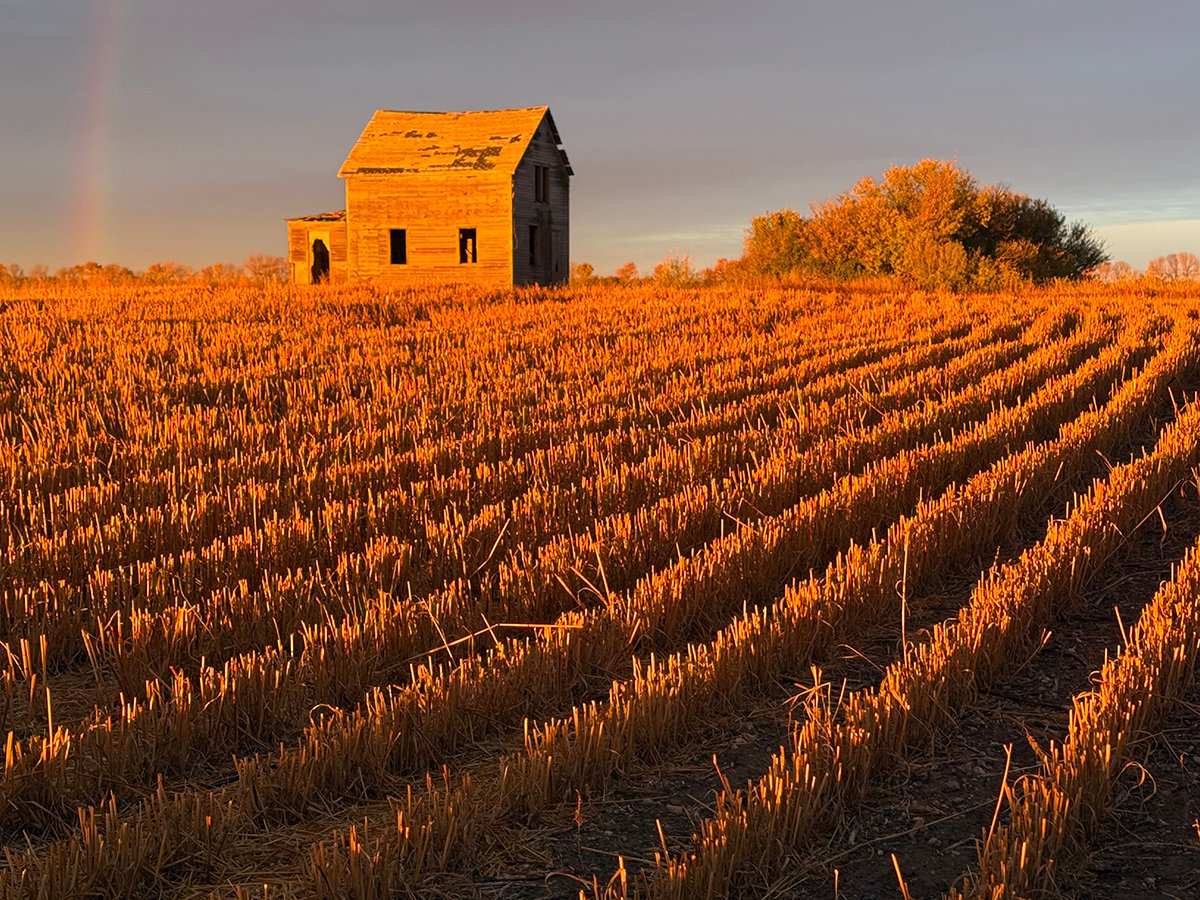Grant to help with land restoration
Vickie Derksen of the Rural Municipality of Caron is the winner of a Saskatchewan Prairie Conservation Action Plan grant that is intended to contribute to an on-the-ground, small-scale restoration project or a restoration-related research project.
Derksen will receive $2,000 for a two-acre restoration project on her family farm.
Read Also

Forecast leans toward cooling trend
July saw below average temperatures, August came in with near to slightly above average temperatures and September built on this warming trend with well above average temperatures for the month.
The area was used from 2012-16 to grow raspberries, strawberries and other fruit for a small U-pick operation.
Persistent drought forced the family to stop fruit production, and they now want to renew the soil by planting the area back to native grassland and drought-resistant flowers.
Improving habitat for pollinators is another goal.
The Native Prairie Restoration/Reclamation Grant will be used to buy native prairie seed.
The project will take place in early spring, as soon as the soil can be seeded.
Another NPRR grant will be open to applications in the fall on the SK PCAP website.
U of G plans sustainable ag degree
The University of Guelph plans to offer an interdisciplinary master of sustainable agriculture degree from the Ontario Agricultural College.
The program will focus on sustainable agriculture, data analysis and agri-tech innovations through graduate-level course work. The first cohort will commence in the summer of 2025.
During the 16-month program, students will focus their studies in either plant agriculture, livestock agriculture or environmental sciences.
The course-based program provides a broad exploration of the various facets of the agriculture sector and how to mitigate its impact on the environment.
Flexible course offerings and professional development opportunities allow students to customize their studies to match their career aspirations.
Students can choose social science courses in agricultural economics, change communication and leadership to give them a broad perspective of sustainability and how to drive change in the sector.
A major component is focused on experiential learning, including hands-on field courses and site visits to major agricultural operations throughout Ontario.
The program will include an internship opportunity.
Feds fund wheat research
The Canadian Wheat Research Coalition will receive up to $11.2 million in funding through the AgriScience Program – Clusters Component, an initiative under the Sustainable Canadian Agricultural Partnership.
Research will include work on best management practices and new genomics tools to reduce greenhouse gas emissions, accelerate breeding and increase wheat production resilience in response to evolving threats such as pests and diseases associated with climate change.














